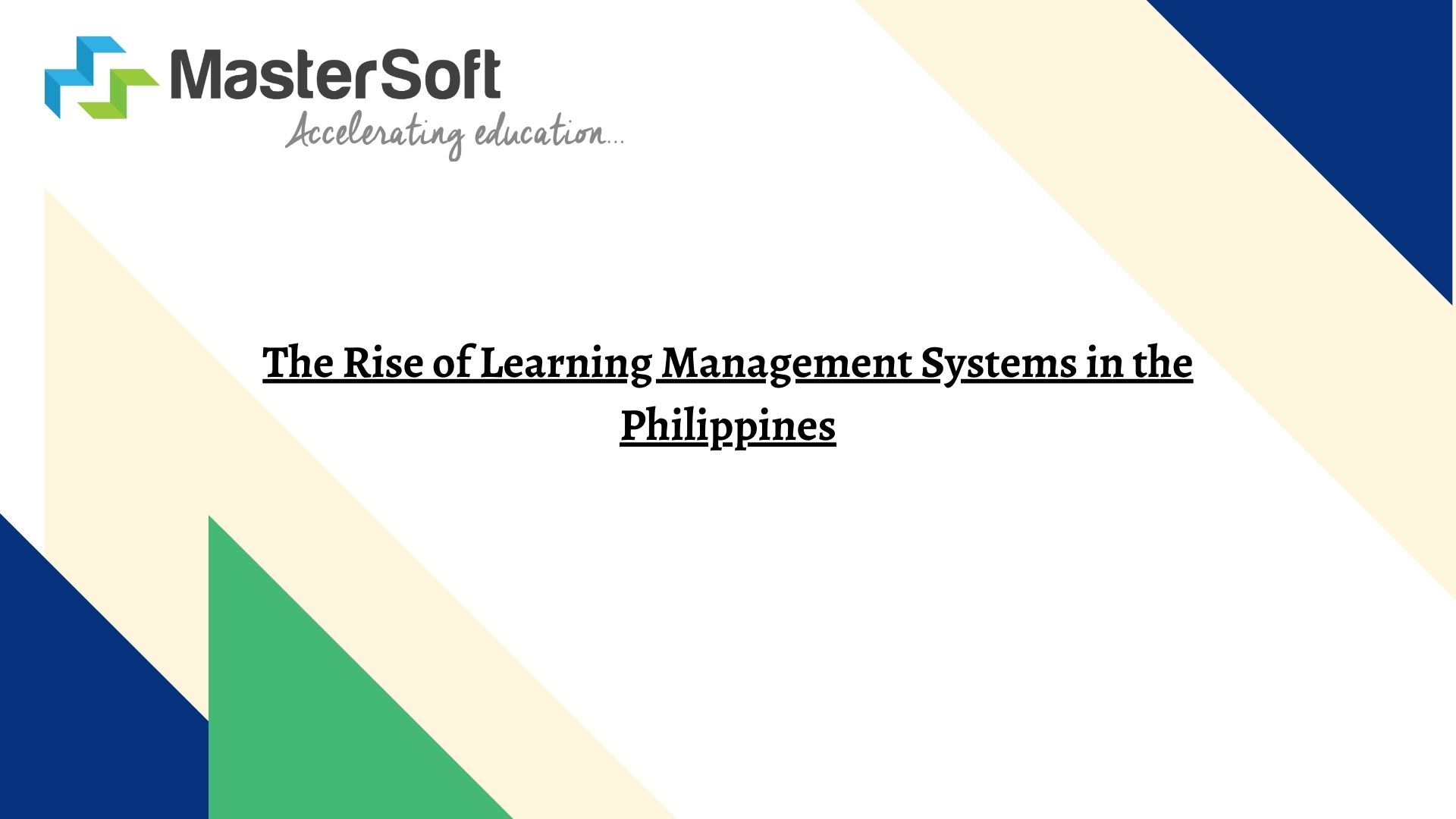In the Philippines, Learning Management Systems (LMS) are transforming the way education and corporate training are delivered. As digital education becomes more mainstream, especially after the pandemic, LMS platforms are empowering institutions and organizations with accessible, flexible, and cost-efficient learning solutions. Whether for schools, universities, or companies, LMS tools enable online classes, track progress, and facilitate communication between learners and instructors.
Key Benefits of LMS in the Philippines
- Accessibility: LMS allows learners from all over the country, including rural areas, to access quality education. With mobile devices and internet connections, students and employees can learn anytime, anywhere.
- Cost-Effective: LMS significantly reduces traditional education costs, such as infrastructure and materials, making education more affordable for both learners and institutions.
- Flexibility: LMS platforms provide flexibility in learning schedules, allowing students and professionals to manage their time better. This feature is especially important for working students and corporate employees undergoing training.
- Tracking and Analytics: Teachers and trainers can monitor students’ progress in real-time, analyze performance data, and provide personalized learning experiences based on individual needs.
- Collaboration and Communication: LMS systems facilitate collaboration among learners and instructors through discussion forums, messaging, and live sessions, creating a more interactive learning environment.
Challenges in LMS Adoption in the Philippines
- Internet Access: Despite its benefits, the main challenge in the Philippines is limited internet connectivity, especially in rural and underserved areas. Poor infrastructure can prevent students from fully benefiting from LMS platforms.
- Digital Literacy: There is still a learning curve for students and teachers to become comfortable with digital tools. More training is needed to ensure both educators and learners can effectively use LMS platforms.
- Resource Availability: Implementing an LMS requires investment in technology, which can be challenging for smaller institutions or companies with limited budgets. However, the long-term benefits often outweigh initial costs.
Popular LMS Platforms in the Philippines
Some commonly used LMS platforms include:
- Google Classroom: A user-friendly tool for both educators and students, providing seamless integration with Google tools for managing assignments, grading, and communication.
- Moodle: A flexible, open-source LMS that is widely adopted by schools and universities for its customizable features and ability to support large-scale courses.
- Canvas: Known for its intuitive interface and advanced analytics, Canvas is popular among higher education institutions for providing rich learning experiences.
LMS in Corporate Training
In addition to education, LMS platforms are widely used in corporate training. Companies in industries like BPOs, healthcare, and IT utilize LMS for employee onboarding, compliance training, and continuous skill development. This helps organizations deliver consistent training to large groups, track progress, and ensure employees are up-to-date with the latest industry trends.
The Future of LMS in the Philippines
The future of LMS in the Philippines is promising as the country continues to invest in digital infrastructure and education technology. With advancements in AI, machine learning, and personalized learning solutions, LMS platforms will likely become more sophisticated, offering even more adaptive and engaging experiences for learners.
Conclusion
As the Philippines embraces digital transformation, Learning Management Systems are paving the way for a more flexible, accessible, and efficient educational environment. From schools to businesses, LMS platforms are empowering educators and learners to navigate the modern world of education and training. However, overcoming challenges such as internet accessibility and digital literacy is key to realizing the full potential of LMS in the country.


